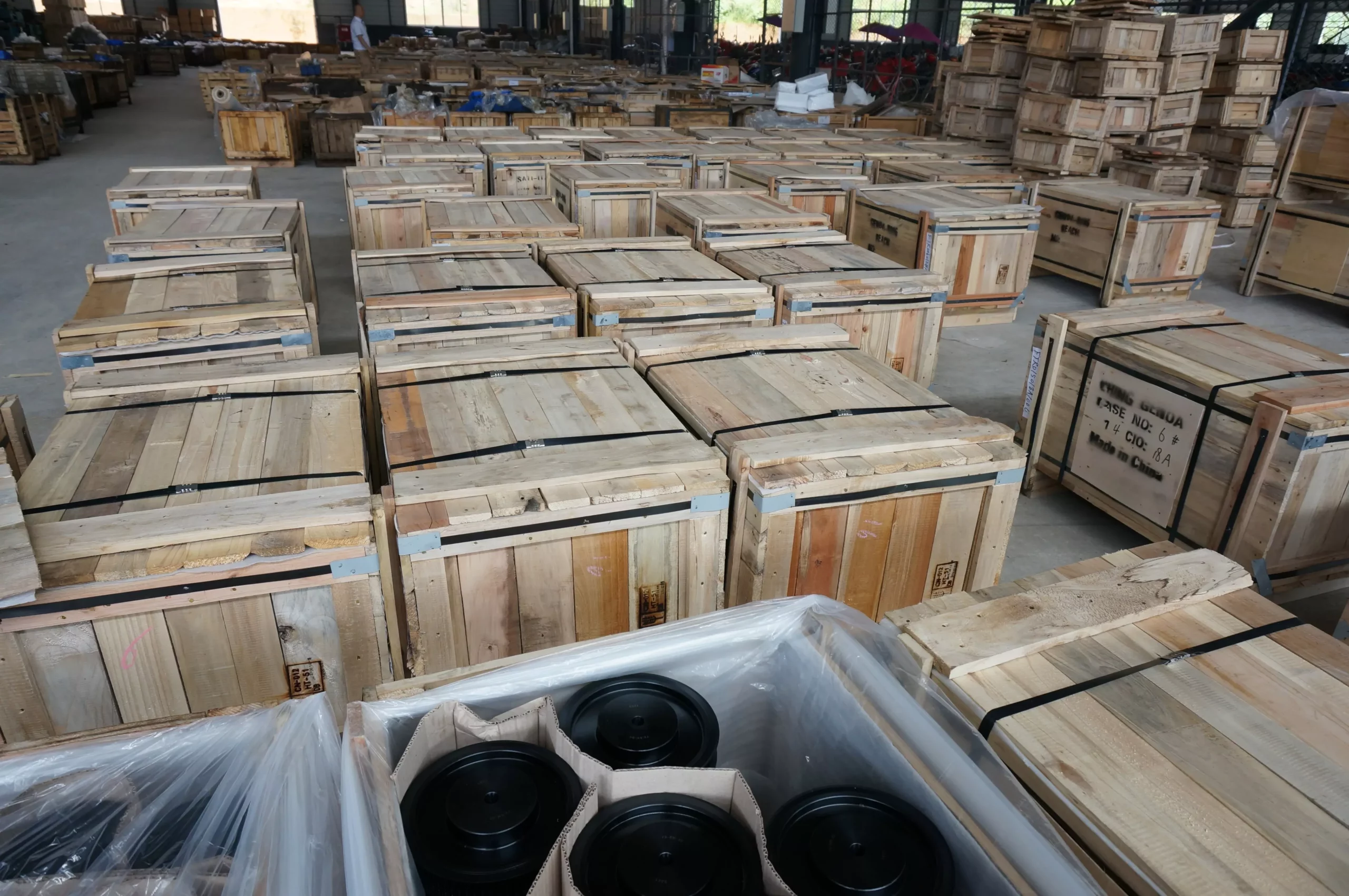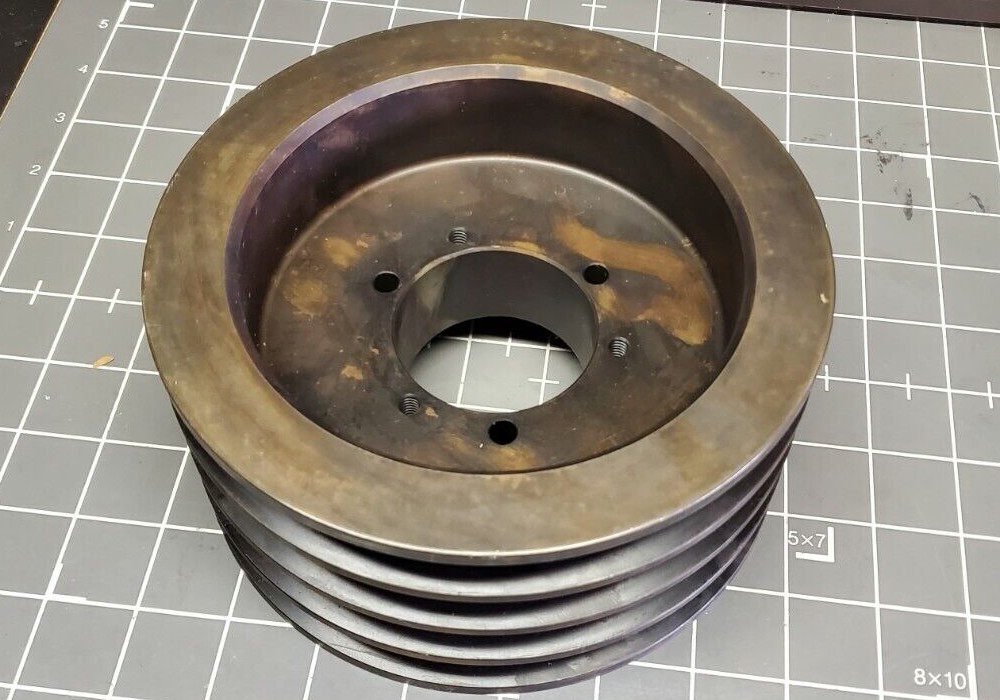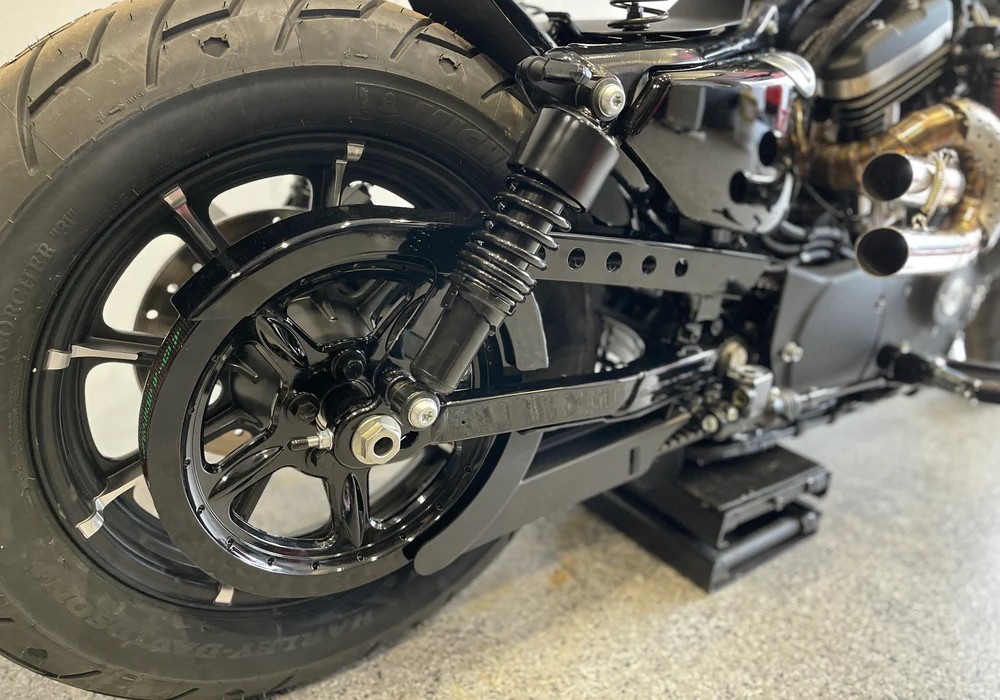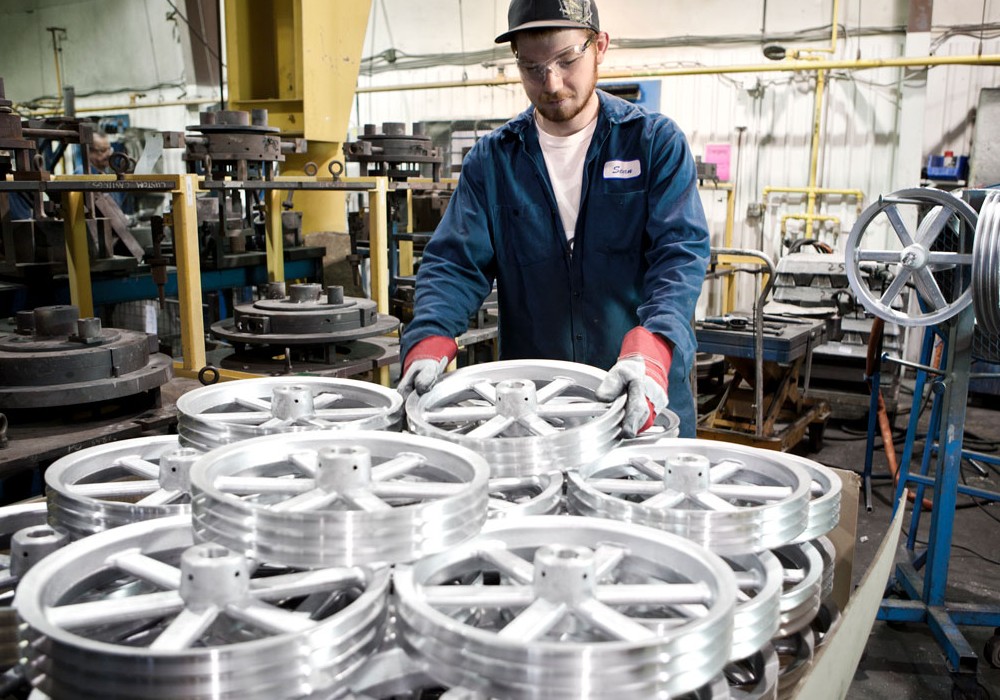V-pulley production is a crucial aspect of the power transmission industry, where reliability and durability are paramount. A well-made V-pulley can last for years without any issues, ensuring smooth and efficient power transmission. However, achieving this level of performance requires a commitment to quality assurance throughout the production process.
The Importance of Reliability and Durability
Reliability and durability are critical for V-pulley performance. A reliable V-pulley will maintain its functionality over the long term, ensuring consistent power transmission with minimal interruptions. Durability, on the other hand, refers to the ability of a V-pulley to withstand wear and tear, resisting damage even under harsh operating conditions.
In the power transmission industry, reliability and durability are essential for maintaining production efficiency and reducing downtime. A broken or malfunctioning V-pulley can result in significant losses for a company, affecting production output and operational costs. Therefore, it is crucial to prioritize reliability and durability in V-pulley production to ensure optimal performance and longevity.
Quality Assurance in V-Pulley Production
Quality assurance is a critical aspect of achieving reliable and durable V-pulleys. It involves a series of processes and procedures designed to ensure the highest level of quality throughout the production cycle. Here are some key elements of quality assurance in V-pulley production:
a. Raw Material Selection: The selection of high-quality raw materials is essential for ensuring the durability of V-pulleys. Companies should use materials that are suitable for the application, such as high-strength alloys or fatigue-resistant materials, to ensure longevity under varying loads and operating conditions.
b. Precision Manufacturing: V-pulleys require precision manufacturing to ensure accurate dimensions, smooth surfaces, and proper tolerances. Advanced manufacturing techniques, such as CNC machining or precision casting, can be used to achieve the desired level of precision and quality.
c. Inspections and Testing: Regular inspections and testing are crucial for ensuring the quality of V-pulleys. Companies should perform visual inspections to detect any surface imperfections or irregularities. Additionally, they should conduct load testing, fatigue testing, and other relevant tests to evaluate the performance and durability of the V-pulleys.
d. Quality Control: A robust quality control system is essential for maintaining consistent quality in V-pulley production. This system should include checks at various stages of production, from raw material procurement to final inspection. Quality control personnel should be trained to identify potential issues and take corrective measures to ensure consistent high-quality products.
e. Preventive Maintenance: Preventive maintenance programs can help extend the lifespan of V-pulleys by identifying potential issues early and taking proactive measures to address them. Regular inspections, cleaning, lubrication, and other maintenance activities can help preserve the reliability and durability of V-pulleys over their operational life.
Reliability and durability are critical for the success of V-pulley production. By implementing a robust quality assurance system that encompasses raw material selection, precision manufacturing, inspections and testing, quality control, and preventive maintenance, companies can ensure the highest level of performance and longevity for their V-pulleys. This commitment to quality will not only enhance the value proposition of their products but also build trust with customers and maintain a competitive edge in the market.
CONTINUE READING
Related Posts
First, let’s briefly introduce Standard V-belt pulleys and Martin V-belt pulleys Standard V-belt pulleys and Martin V-belt pulleys are both […]
Belt pulleys, wheel pulleys, and sheaves are all types of pulleys, which are mechanical devices that are used to transmit […]
Chinese V-belt pulleys and pulleys, like any other pulleys, have their advantages and disadvantages, and these can vary depending on […]





